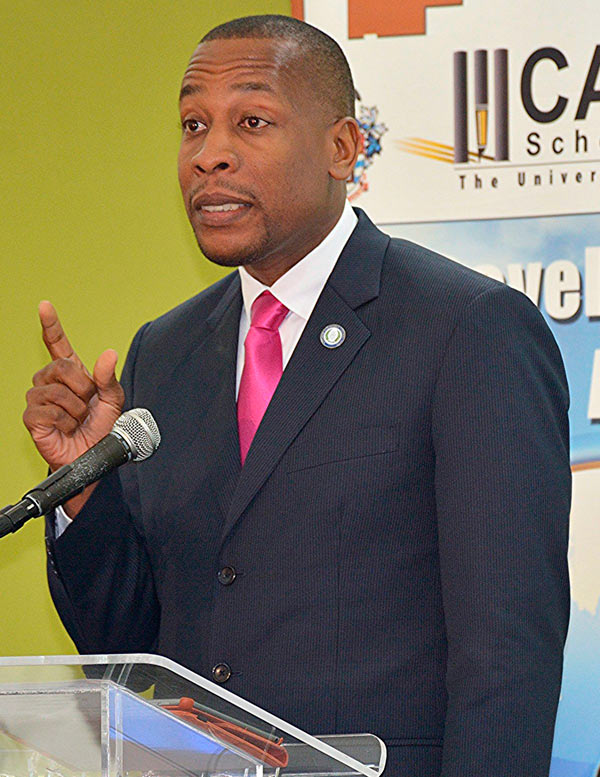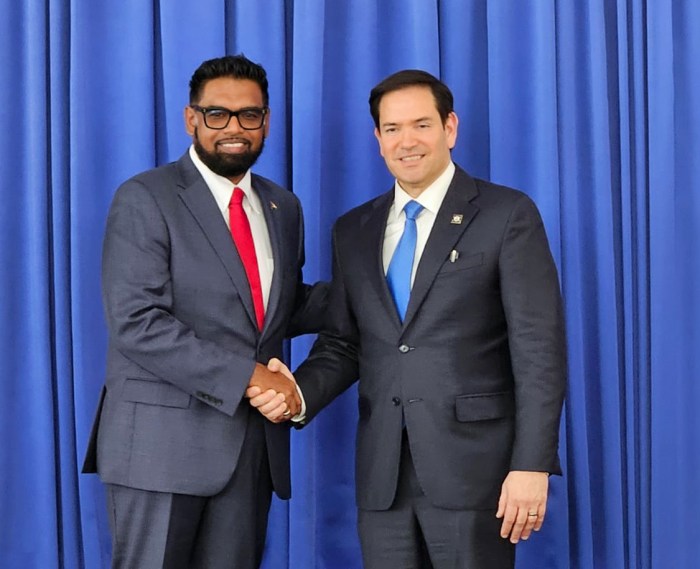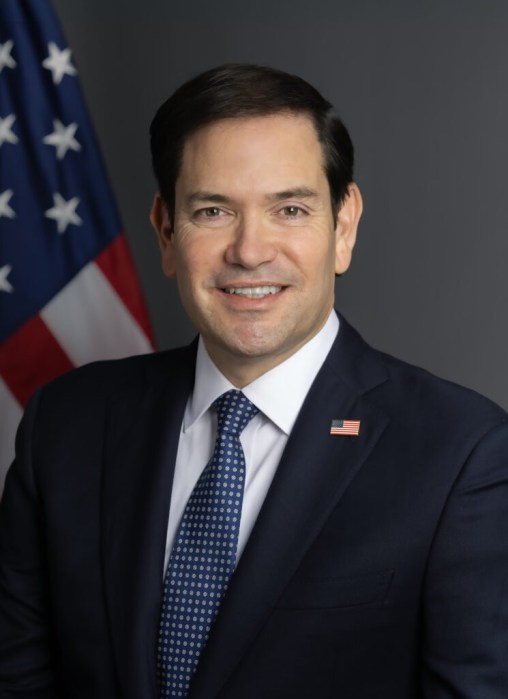HAVANA (Reuters) – The Eastern Caribbean on Thursday became the first currency union central bank to issue digital cash, a move that comes as bigger monetary authorities such as the European Central Bank look at issuing their own electronic cash.Official digital currencies are more “risk-free” than private electronic payment systems as they are backed by the central bank. They also cut out the middle man, reducing the cost of transactions, and make e-payments possible for those without bank accounts.
The so-called DCash is being initially rolled out in four of the eight member countries of the Eastern Caribbean Currency Union, according to Bitt, the Barbados-based firm that led its development. The pilot includes Antigua and Barbuda, Grenada, Saint Kitts and Nevis, and Saint Lucia.
Large central banks across the world are stepping up efforts to develop digital currencies to modernize financial systems, speed up payments and counter a possible threat from cryptocurrencies.
Still, efforts by major authorities are mostly at the drawing board, with the People’s Bank of China’s plans the most advanced. The U.S. Federal Reserve has said it is more important to get its approach right rather than leading the pack.
The Caribbean though has already broken ground: The Bahamas last year became the first country to launch a central bank digital currency (CBDC) nationwide.
The DCash, a blockchain-based, digital version of the Eastern Caribbean dollar, pegged at EC$2.70 to US$1, is the first CBDC to go live in a currency union which could offer tips to other such blocs like the euro zone on how it could work in practice.
From Thursday, financial institutions, merchants, and consumers can download the DCash application on their mobile phones to make transactions.
Users can buy DCash from approved providers using banknotes and coins or by converting funds from their bank account, according to the ECCB, which will provide training.
The European Central Bank is looking at the possibility of introducing a digital euro within the next five years.
The Eastern Caribbean Central Bank (ECCB) Governor Timothy Antoine said he conducted DCash’s first cross-border transactions on Wednesday.
“There is a payments revolution underway globally,” Antoine wrote in a blog last month.
The ECCB aims to reduce the use of cash by 50% by 2025.
A Bitt spokesman said that as more central banks pilot their CBDCs, DCash’s utility could be expanded beyond the Eastern Caribbean Currency Union.
(Reporting by Sarah Marsh in Havana and Tom Wilson in London; Editing by Alexandra Hudson)





















